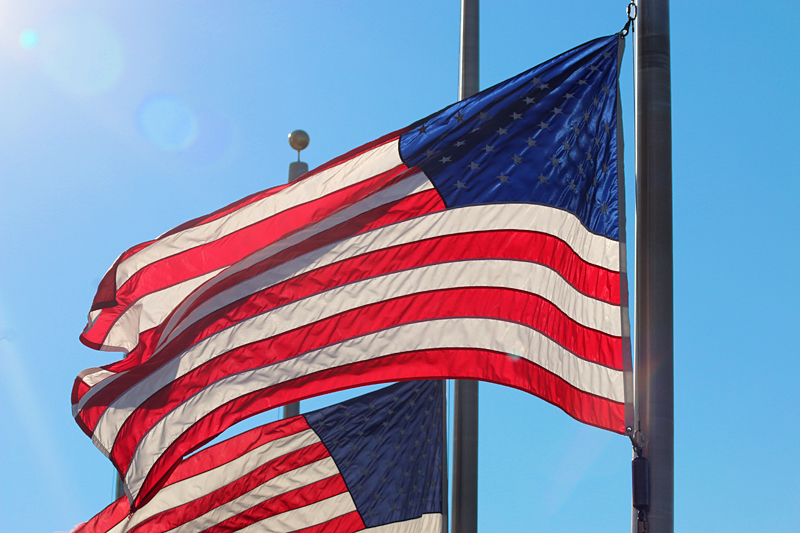E lection season is in full swing in the United States, with candidates vying for the office of president of the United States — and espousing promises which they know they cannot keep.
I eschew politics at virtually any level; and yet I find it fascinating when politicians — once elected into office — pass laws which affect ordinary citizens…
…but not themselves.
One obvious example is the Patient Protection and Affordable Care Act — which is also known as the Affordable Care Act or Obamacare. I am not going to debate the merits and faults of this act. Rather, it is amazing that politicians who are generally unaffected by this act are the ones who drafted and passed it.
One Similarity Between Politics and Frequent Travel Loyalty Programs?
“Since so many members of Congress enjoy free trips courtesy of lobbyists, they can’t possibly relate to constituents who have to depend on collecting points and miles to help fund their hard-earned vacations.So while I applaud Senator McCaskill’s effort, I’m not optimistic. By the way, I always thought resort fees were a double whammy because, in my experience, guests only collect rewards points on the room rate, not these bogus fees.”
Long before the comment — from which that quote was taken — was posted by reader PSL pertaining to legislation designed to target the scourge of mandatory resort fees at hotel and resort properties, it occurred to me that frequent travel loyalty programs are basically no different: those people who draft and approve policies for them are generally unaffected by them. For example, employees of airlines do not typically save and redeem frequent flier loyalty program miles, as they can fly as non-revenue passengers — and, of course, those who have higher status and seniority get better choices of seats and flights.
One person who was the top executive of one frequent flier loyalty program told me while we were in Los Angeles about heading over to France to attend the French Open. You know that this person was not sitting in a seat in the economy class cabin while traveling; and you know the cost was minimal at best — let us just say an airfare which would be considered an obvious mistake if it was available to you or me…
…and this person would also have access to special room rates with certain lodging companies; as well as other benefits and amenities over which you just might salivate.
How, then, can this person really have any idea what constitutes the optimum frequent flier loyalty program? It should attract customers to become loyal to the airline while ideally being a profit center for the airline — a win-win situation, so to speak…
…but in recent years, changes to frequent travel loyalty programs which seem inexplicable and strange at times have occurred in recent years which arguably have been deterring customers and dismantling the loyalty which travel companies have worked so hard to build up.
It can be argued that airlines have “given away the store” in years past where customers took advantage of all that they offered, leading the airlines into billions of dollars in debt. I argue that that too can be attributed to people implementing policies of which they are generally unaffected.
Summary
Richard Anderson — who is the chief executive officer of Delta Air Lines — has said more than once that he sits in a seat in the economy class cabin whenever he is a passenger on a domestic flight within the United States. This is a good way for an executive to get a pulse on what fellow passengers are thinking and doing while simultaneously seeing for himself what it is like to travel as a regular passenger — with the exception of members of the flight crew probably fawning all over him during the flight, of course.
That is a step in the right direction; but I have always believed that decisions imposed by executives as well as politicians should also affect them as a result — as much as they affect the very people who are to abide by them. Only then will health care and frequent travel loyalty programs become more fair and balanced. Enacting policies based on feedback and analytics are not enough, in my opinion.
Politicians should not be permitted to legislate anything which will not affect them personally; and the same should go for executive of companies in terms of formulating policies for customers.
Photograph ©2015 by Brian Cohen.
